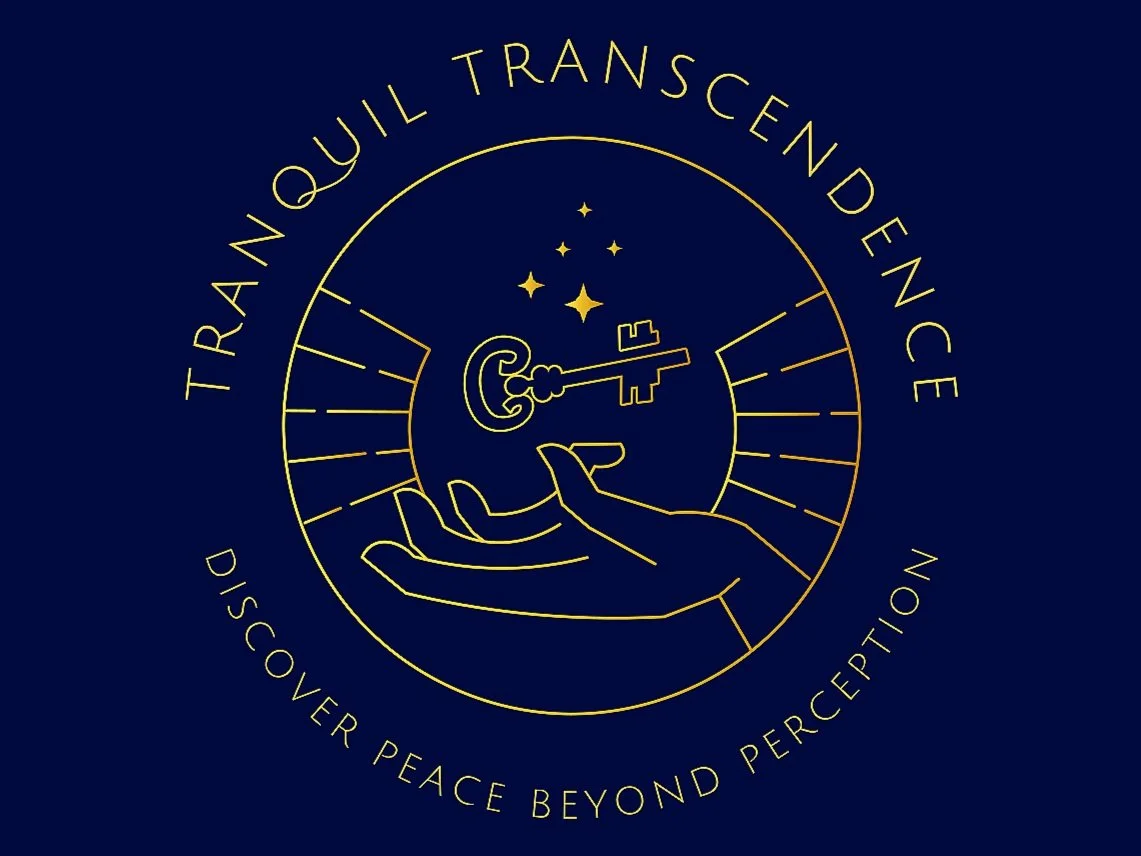
Precautions and Contraindications of Psilocybin Mushrooms
Before You Take Psilocybin — Ask Yourself:
Do I know what’s in the mushrooms I’m taking?
Am I currently on any medications?
Do I or my family have a history of mental illness?
Have I ever had a “bad trip” or traumatic experience on psychedelics before?
Do I have any known allergies to mushrooms?
Am I physically and emotionally in a good place right now?
If you're unsure about any of these, keep reading — or consider waiting until you are.
Mental Health History
Psilocybin affects the mind deeply. That’s why it’s important to check your own mental health background — and your family’s.
Conditions that may increase risk:
Bipolar disorder (especially manic episodes)
Schizophrenia or psychosis (past or family history)
Severe anxiety or panic disorder
PTSD (if not in a stable phase or without professional guidance)
Borderline personality disorder
These conditions don’t automatically mean you can’t take mushrooms, but the risks are much higher and should be carefully considered, ideally with support from a professional.
Psilocybin can bring suppressed emotions, trauma, or overwhelming thoughts to the surface — sometimes rapidly.
When to Definitely Wait or Say No
You’re in a mental health crisis
You’re dealing with active suicidal thoughts
You have no control over your space or environment
You don’t know what dose you’re taking
You’re taking mushrooms just to numb or escape
Final Thoughts
Psilocybin has real potential to help people heal — but only when used with care.
It’s not for everyone, and that’s okay. Being cautious doesn’t make you weak. It makes you smart.
Taking care of your mental health, medication safety, and emotional readiness will make the difference between a helpful journey and a harmful one.
Medications That May Interact with Psilocybin
Some prescription drugs can make psilocybin less effective, unpredictable, or even dangerous.
Medications to be cautious with:
Medication Type Examples Why It Matters
SSRIs / Antidepressants Zoloft, Prozac, Lexapro May dull or block psilocybin’s effects; risk of serotonin syndrome in rare cases
Antipsychotics Risperidone, OlanzapineCan blunt the effects and increase confusion
Benzodiazepines Xanax, AtivanMay be used in emergencies to stop a bad trip, but regular use can dull the experience or create risky sedation
Stimulants Adderall, RitalinCan increase heart rate and anxiety; not recommended with psychedelics
MAOIsNardil, some herbal mixes (e.g., ayahuasca blends) Can dangerously alter how psilocybin is metabolized
If you’re taking prescription meds, talk to a doctor or psychedelic-informed professional before combining them with mushrooms.
Allergies & Sensitivities
While rare, some people are allergic to mushrooms, either due to the fungi themselves or to contaminants (like mold or bacteria in improperly stored mushrooms).
Signs of a possible allergy:
Swelling of lips, face, or throat
Itching or rash after eating mushrooms
Nausea or vomiting unrelated to the psychedelic experience
Trouble breathing
If you’ve had an allergy to culinary mushrooms, it’s best to avoid psilocybin or do an allergy test under medical supervision.
Also: Avoid wild-picked mushrooms unless you are 100% sure they’re safe. Many mushrooms look alike, and some are toxic or fatal.
Resources for Deeper Support
MAPS (Multidisciplinary Association for Psychedelic Studies) – maps.org
Fireside Project (Psychedelic Support Line) – firesideproject.org
Psychedelic Support Directory – psychedelic.support
Johns Hopkins Psychedelic Research – hopkinspsychedelic.org
The Third Wave (Safe Use Guides) – thethirdwave.co
Family Mental Health History
Even if you’ve never had a psychiatric diagnosis, a family history can increase your risk of difficult or destabilizing experiences with psilocybin.
Be extra cautious if you have family members with:
Schizophrenia
Bipolar disorder
Severe depression with psychosis
Hospitalization for mental illness
You might not know every detail of your family history — but if mental illness runs in your family, mushrooms may increase your chance of a serious psychological reaction.
Past Psychedelic Experience
Ask yourself:
Have you ever had a very difficult or frightening trip?
Did you experience lasting effects after using psychedelics?
Have you used mushrooms before, and if so, how did you react?
If you've had negative experiences with psychedelics before, it might not be the right time to try again — or you may want professional guidance and a safer, more structured setting.
Your Current Mental & Emotional State
Your mood and life situation deeply affect how a mushroom trip will go. Psilocybin amplifies whatever is already happening inside you.
If you're grieving, going through a breakup, job loss, family stress, or just feeling mentally fragile — it’s best to wait.
Make sure you’re:
Emotionally stable
Physically rested
Not in crisis
Open to facing what might come up
Even “good trips” can be emotionally intense, leading to crying, confronting fears, or revisiting past trauma.
Physical Health Considerations
While psilocybin is generally safe for most healthy people, be cautious if you have:
Heart problems (psilocybin can raise blood pressure)
Epilepsy or seizure disorders
Severe liver or kidney issues
Diabetes (rare interactions but worth noting)
Also, avoid mushrooms if you're pregnant or breastfeeding — not enough research exists on safety in these cases.

